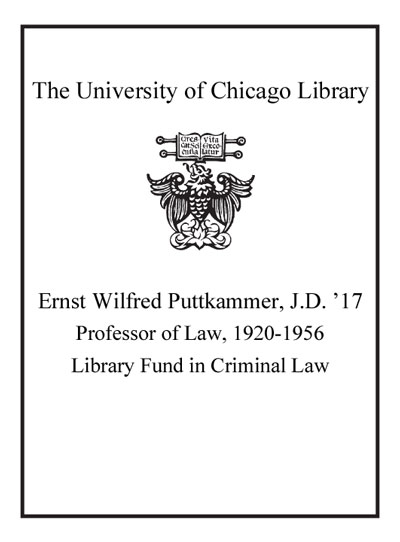Review by Choice Review
In only 180 pages, Shuster (Univ. of Texas at Austin) delivers a dense philosophical analysis that covers a vast terrain. Those who study political philosophy and history may find that his book leaves unexamined some critical avenues in the political history of penology, in particular the historical influences that shaped the reformist efforts of 18th-century political philosophers who explored the realm of punishment in society. That being said, Shuster does yeoman's work in critically evaluating the political philosophies of Plato, Hobbes, Montesquieu, Beccaria, Kant, and Foucault in an attempt to address the problems plaguing the modern criminal justice system in the US. Those that have been most influential on this system (from a philosophical standpoint)--Hobbes, Montesquieu, and Beccaria--turn out to be the most wanting in terms of the philosophical justification for punishment, i.e., deterrence. Retribution as articulated by Kant, meanwhile, is bolstered by Shuster's analysis. Foucault's Discipline and Punish is used to articulate the crisis in the system. Shuster does not aim at resolution but to "clarif[y] the terms of the debate," which is a welcome step in the right direction. Summing Up: Recommended. Upper-division undergraduates through faculty. --Susan Elaine Blankenship, Lake Erie College
Copyright American Library Association, used with permission.
Review by Choice Review

